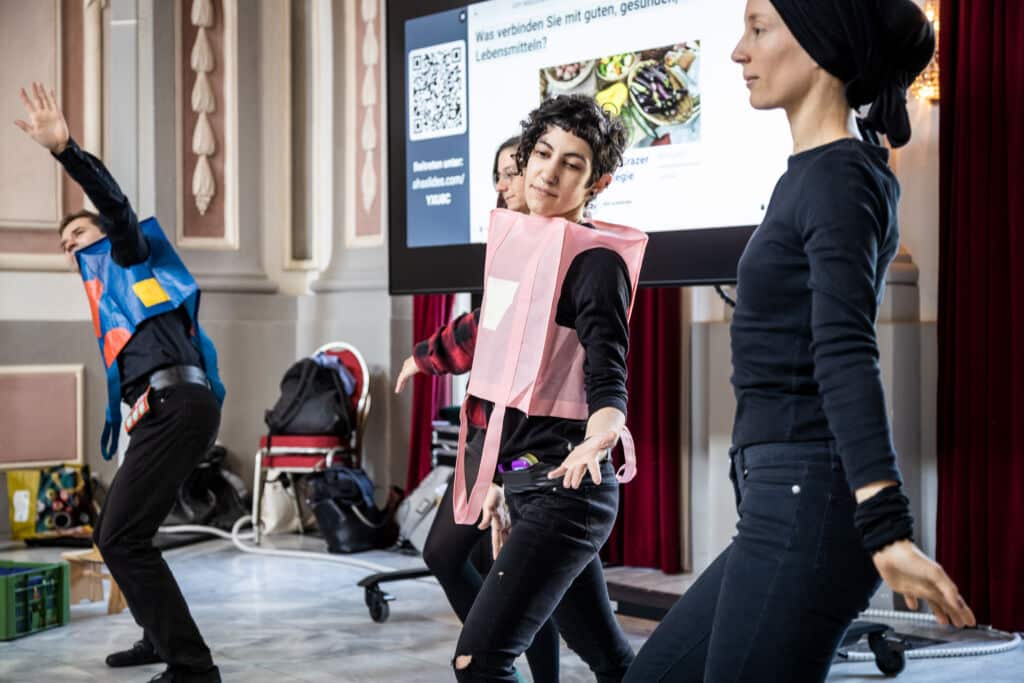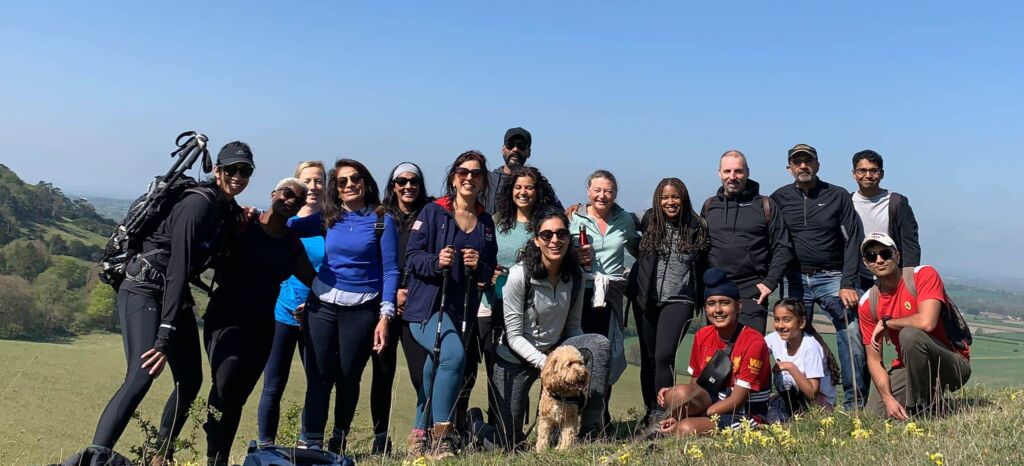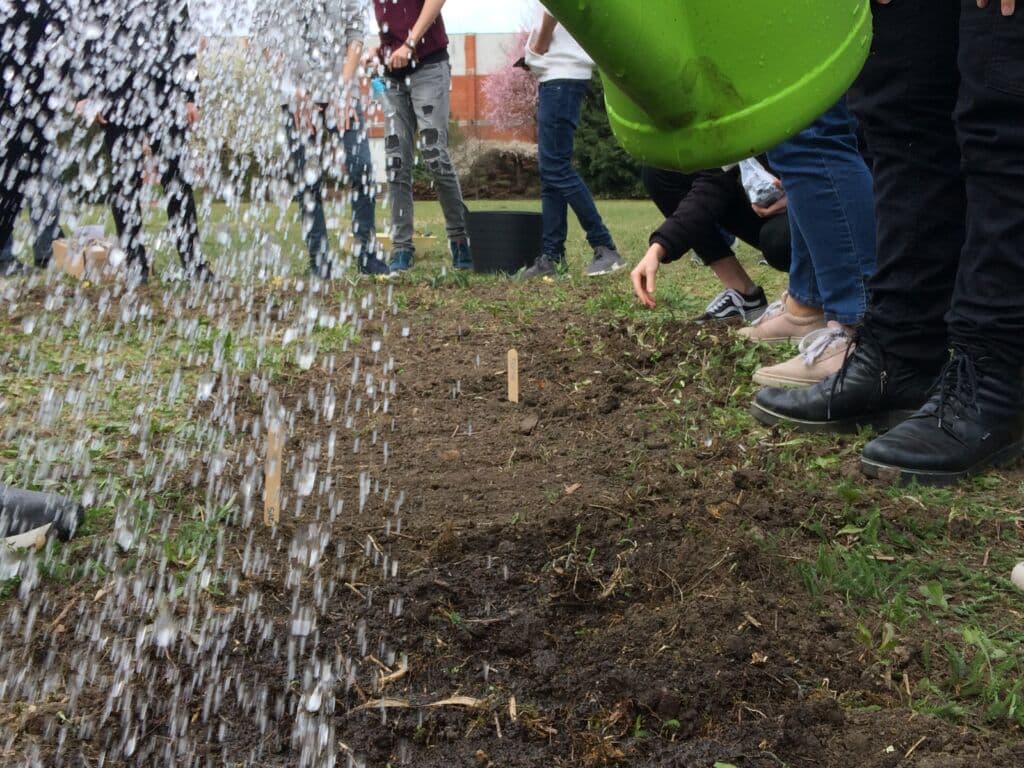Theories into practice – Spotlight on the PLANET4B cases
The first nine months of the PLANET4B project flew by, and our eleven cases have already immersed in their research topic. Literature reviews were carried out, stakeholder networks were mapped, and different engagement and data collection activities were launched, ranging from community walks and workshops to surveys, interviews, and farm visits. These activities are crucial steps towards establishing partnership with our stakeholders.
The project PLANET4B aims to understand the relationship of decision-making and intersectionality and to generate knowledge about system-wide transformations for biodiversity and the people by engaging in diverse cases within and beyond Europe.
We have five place-based intensive cases where we will develop and test experimental, art-based and deliberative methods to see how transformation can be triggered at personal, community, and institutional level. In intensive cases learning communities are getting established to co-design the research process and reflect on the usefulness of the tested methods together with local stakeholders. Additionally, we have six sector-based extensive cases, where research will focus on opportunities and barriers to initiate sectoral transitions. Extensive cases are supported by stakeholder boards (including experts and stakeholders from the given sectors), which are regularly consulted to ask for their feedback and benefit from their outreach and upscaling potential.
Learning communities and stakeholder boards will be fully functional by late 2023. And while we know that the process is crucial, we also know that the content is no less important… So here comes a glimpse of three case studies to spark your interest.
City food for biodiversity and inclusion
Have you ever wondered how small-scale community-based food initiatives can be interlinked and upscaled to the city-level, to enhance biodiversity and social inclusion at the same time? Our intensive case in the city of Graz (Austria) focuses on this topic. IFZ and FUG colleagues, who lead this case, aim to broaden and better connect urban gardening and local food initiatives, and to contribute to a more structured governance platform for exchanging experiences. Through these activities, the case can act on an existing policy gap, and might help define clearer directions regarding biodiversity, urban gardens, and food policy at the city level. The first workshop, back in December 2022, launched the idea of the ‘edible city’ in the public discourse, and was followed by several bi-lateral meetings. Another workshop was organised in June 2023, inviting policy actors, administration, alternative urban food initiatives, social workers, researchers, farmers’ associations, and innovative entrepreneurs to link the dots and co-define the main objectives.

‘Edible city’ workshop Photo: Sascha Pseiner
Opening nature and the outdoors to Black, Asian and ethnic minority communities
Imagine that you are walking in a park or hiking in your favourite protected area in Europe. If you have ever realised the lack of diversity among your fellow walkers, you might have asked yourself: why are people of different race, colour, or disabilities excluded from nature and what could be done to change this situation? This question lies in the heart of the intensive case led by DADIMA and Coventry University. Case partners organised four community walks in the spring and summer of 2023. They realised during these walks that elder people were more interested in biodiversity scientific facts, whereas younger participants were fascinated by tales and stories. These initial points signal relevance of developing a co-created knowledge space, where walkers are invited to also share their knowledge and lived experience, even where it is not science informed.

Walk with Dadima’s
Environmental awareness raising in education
Many people suggest that education is the key to change our habits to do less harm to biodiversity, but do we really know how pro-nature attitudes and behaviours are formed in schools? Is it really schools, or an enthusiastic teacher, or rather our lived experience which matters? The sector-based extensive case led by ESSRG researchers in Hungary aims to assess the potential for transformative change in an educational system which is getting more and more centralised. Researchers hypothesise that the more constraints faced at the system level, the stronger role extracurricular activities and motivated individuals might play. Interviews and school garden visits organised so far suggest that the school location, the personality of the teacher, and the gender and social status of the children might be relevant factors determining how change at the personal level can be triggered.

School garden in Hungary Photo: Janka Horváth
